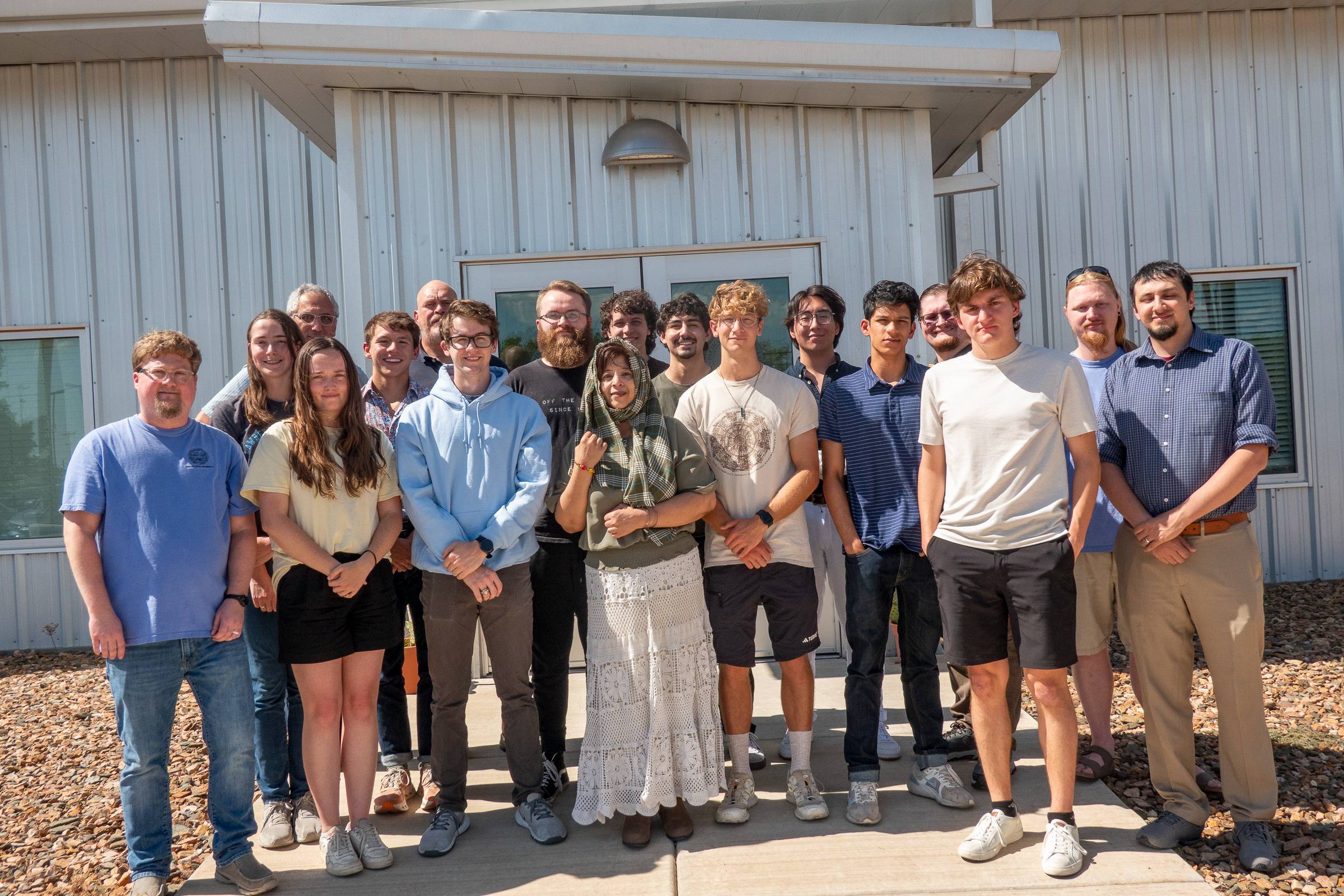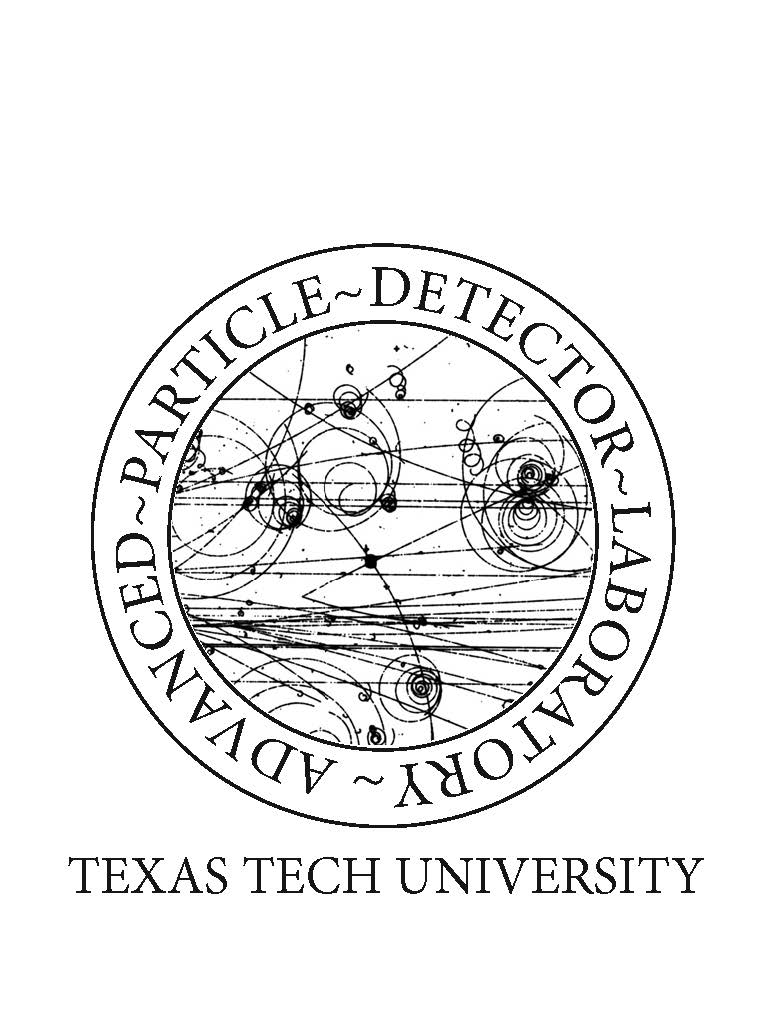Advanced Particle Detector Laboratory

The Advanced Particle Detector Lab (APD-Lab) at Texas Tech University is a 5,000-SQ FT facility that houses a large ISO7 cleanroom, labs, open large work space, loading dock, and offices. It is built for high-energy particle detector R&D and an assembly of over 5,000 silicon modules for the next generation of high-granularity calorimeters (so-called HGCAL) to be deployed at the Large Hadron Collider (LHC) at the European Organization for Nuclear Research (CERN), a research organization that operates the largest particle physics laboratory in the world in Geneva, Switzerland. The HGCAL is a multi-million dollar project funded by the US Department of Energy. Our cleanroom was partially funded by Ray Robbins to honor his friend Michael N. Clingan, a TTU physics graduate student in 1970s, in a way that brings out what is best in our human spirit.
TTU's high-energy physics team is internationally recognized as leaders in the development and construction of calorimeters, which are a type of detector that measures the energies of fundamental particles from high energy collisions. Currently, HEP faculty, postdoctoral fellows, engineers, technicians, graduate and undergraduate students work in the APD-Lab. We aim to build a preeminent institution in the area of particle physics detectors at the most advanced level.
Research Opportunities for Undergraduates
At the APD-Lab, we are looking for smart, hardworking, and creative undergraduate students from diverse backgrounds to participate in our quest for discoveries in particle physics, breakthroughs in particle detector performance, and imaginative solutions in big data processing. Our ongoing projects include construction of silicon sensor modules for the upgrade of the CMS endcap calorimeter at CERN; imaging Queen Maeve’s cairn in Ireland using muon tomography; AI/ML development for data analyses, particle detector design, and quality control; R&D in novel rare-earth-doped, structured photonic bandgap optical fibers and meta-materials including quantum dots; and development of highly granular and fast next-generation calorimeters for future collider experiments. You can find out more about these projects in these web pages. This is a paid position and you need not be a physics major. If interested, contact nural.akchurin@ttu.edu. Please include a one-page statement of interest and your latest CV.
“Particles studying Particles”: At the Advanced Particle Detector Lab, we foster an environment of support and opportunity for all members of our community, regardless of gender, race, ethnicity, sexual orientation, or ability. Through a “particles studying particles” mentality, we strive to create a positive, respectful environment of shared inquiry and learning for everyone.

Advanced Particle Detector Laboratory
-
Address
TTU Advanced Particle Detector Lab, 1204 S Gilbert Dr, Building 557 Lubbock, TX 79416-2104 -
Phone
806.790.7444 -
Email
sonaina.undleeb@ttu.edu
